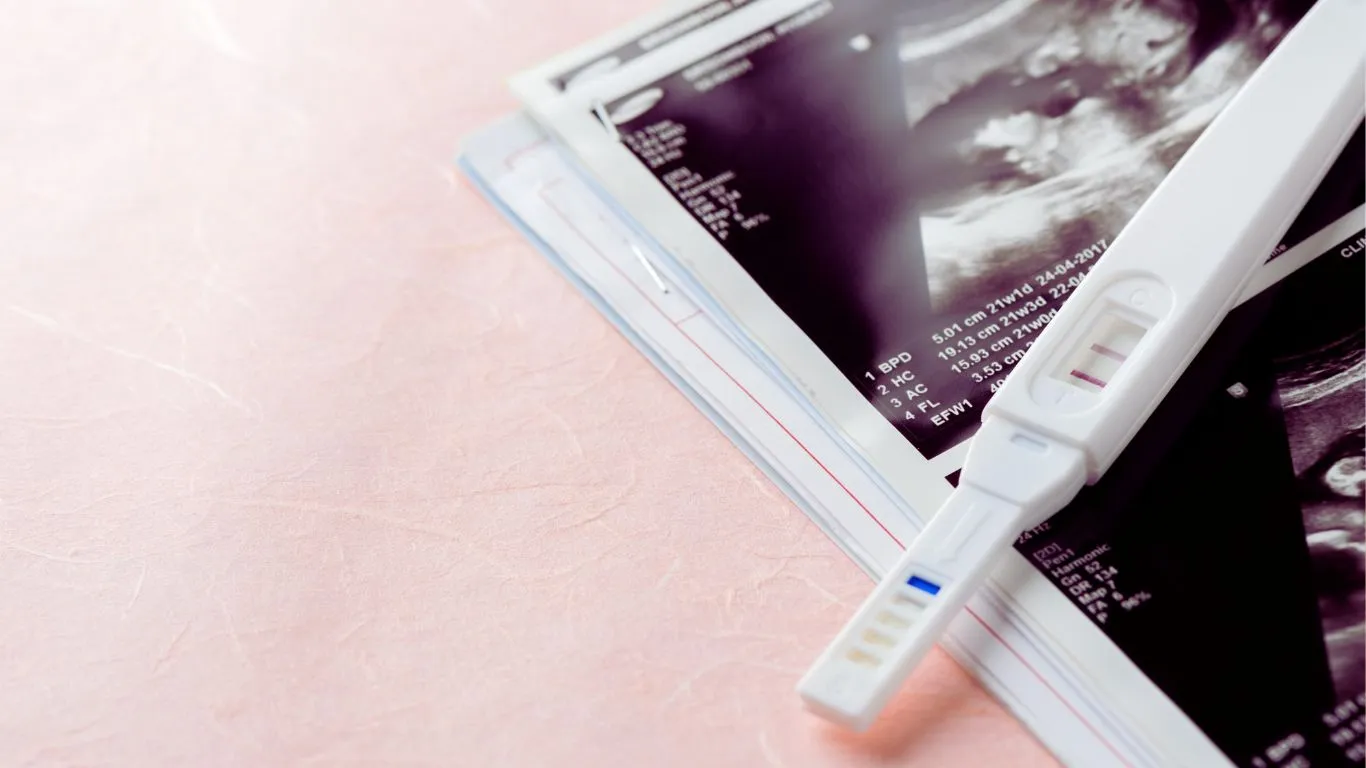
What Are the Symptoms of Ectopic Pregnancy in the First Few Months?
An ectopic pregnancy occurs when a fertilized egg grows outside the uterus, most commonly in the fallopian tube. However, it can also occur in other areas such as the ovary, abdominal cavity, or even the cervix. This condition requires immediate medical treatment to avoid serious complications.
Symptoms of Ectopic Pregnancy in the First Month
In the initial stages, such as the first month, this case of pregnancy symptoms can resemble those of a normal pregnancy due to hormonal changes. These include:
- Missed period
- Breast tenderness
- Nausea and vomiting
- Increased urination
- General fatigue
Later, symptoms specific to ectopic case may appear, including:
- Mild to severe pain, which may be intermittent or constant, on one side of the pelvis or abdomen. This is a common early sign. A woman might also experience sudden, severe abdominal pain if the fallopian tube ruptures.
- Vaginal bleeding that could be light or heavy, with blood that may be lighter or darker than menstrual blood.
- Shoulder and neck pain, which could indicate internal bleeding.
- Stomach disturbances and vomiting.
- Pressure in the rectal area, and discomfort during urination or bowel movements.
- General weakness, dizziness, and sometimes fainting.
If these symptoms occur, it is crucial to consult a doctor immediately.
Can the Embryo Survive an Ectopic Pregnancy?
No, it is essential to understand that a fertilized egg in an ectopic case is not “viable.” This means it cannot survive and develop into a fetus. The reason is that the egg cannot receive the necessary blood supply and nutrients needed for growth.
Causes of Ectopic Pregnancy
The exact cause of an ectopic case is not always clear, but researchers have identified several associated factors:
- Inflammation and scarring of the fallopian tubes due to a previous medical condition, infection, or surgery.
- Hormonal disorders.
- Genetic abnormalities or congenital defects.
- Medical conditions affecting the shape and function of the fallopian tubes and reproductive organs.
Risk Factors for Ectopic Pregnancy
Several factors may increase the risk of this case:
- Smoking.
- Pregnancy over the age of 35.
- Sexually transmitted infections.
- Scarring from pelvic surgery.
- Previous ectopic pregnancy.
- Tubal ligation or reversal of tubal ligation.
- Fertility treatments like in vitro fertilization (IVF).
How is Ectopic Pregnancy Diagnosed?
Sometimes, a woman may not know she has an ectopic pregnancy until routine early pregnancy tests. Diagnosis involves:
- Blood tests: Measuring the levels of human chorionic gonadotropin (HCG) in the body. Low levels may indicate an ectopic pregnancy because HCG levels significantly increase when the fertilized egg implants in the uterus.
- Ultrasound: This imaging test helps create a picture of the internal structures and determines where the fertilized egg is implanted.
How is this case of Pregnancy Treated?
this case can be treated with medication or surgery:
Methotrexate
In some cases, a doctor may use methotrexate to stop the growth of the fertilized egg and end the pregnancy. Doctors do not use this medication if the fallopian tube has ruptured. They usually administer it as a single injection and monitor HCG levels regularly. If the levels do not drop, they may give a second dose.
Surgery
If a fallopian tube ruptures or is at risk of rupture, emergency surgery becomes necessary. Surgeons typically perform this procedure under general anesthesia using laparoscopy. They make small incisions in the abdomen to insert a thin tube equipped with a camera and other surgical tools.
The surgeon may remove the entire fallopian tube or just the fertilized egg while preserving the tube.
Can Ectopic Pregnancy Be Prevented?
Ectopic pregnancy cannot be prevented, but risks can be reduced by:
- Quitting smoking.
- Maintaining a healthy weight.
- Treating sexually transmitted infections (STIs).
Read More: What Are the Symptoms of Uterine Fibroids?
Referances:
- Website, N. (2023, December 4). Symptoms. nhs.uk. https://www.nhs.uk/conditions/-pregnancy/symptoms/


